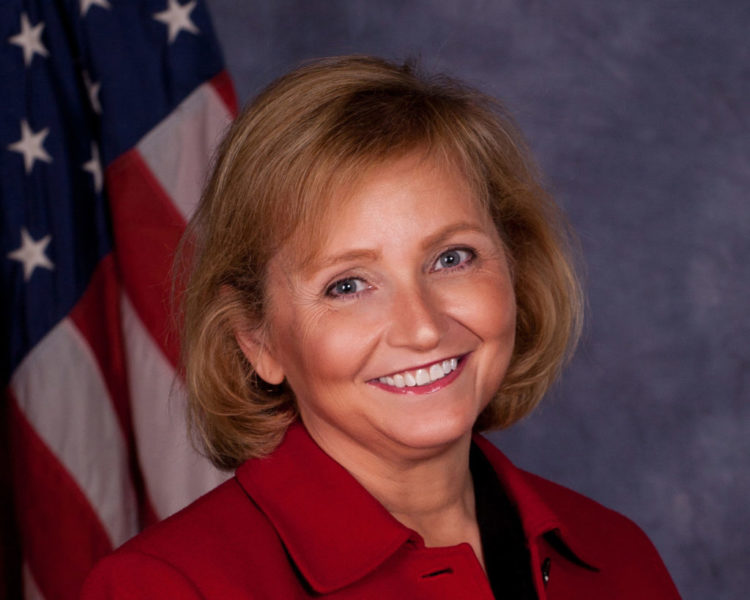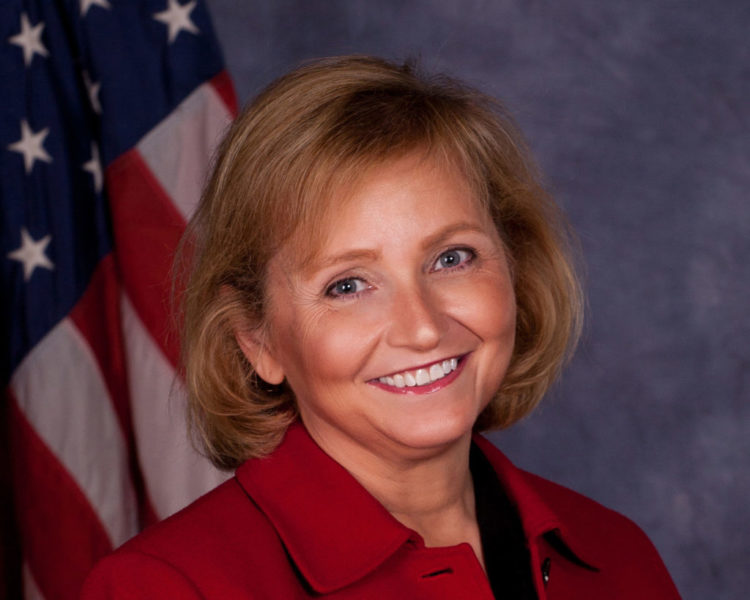The halfway point in the 2019 legislative session is officially passed so all of the work in the eighth week of session was in committees.
Kansas Toll Roads, 236 miles of highway, are managed by the Kansas Turnpike Authority (KTA). In 2015 there was a push to get rid of the tolls. It was not successful but a law was passed requiring the Kansas Department of Transportation (KDOT) and KTA to “achieve the maximum coordination in planning, development and operation of the highway systems in this state”. I supported that legislation and it has helped create efficiencies according to the Interim Secretary of KDOT. The KS turnpike was built from 1954 to 1956 and has been collecting tolls ever since. The initial $160 million bond was paid off in 1994. Since then KTA has issued over $200 million in bonds and over $140 million in interest. Estimates are it will not be paid off until 2040.
A bill brought to the Senate Transportation Committee would allow some roads in Kansas to be funded by tolls. The Interim Secretary of KDOT stressed that local input would be a factor as to where toll roads would be implemented. The KTA collects over $100 million a year in tolls to support the turnpike. Are toll roads the answer to supporting Kansas highway infrastructure? I understand the need for safe infrastructure and it being one of the main functions of government. My record demonstrates this by voting NO on bills that took money from KDOT projects. The Dwight D. Eisenhower National System of Interstate and Defense Highways, i.e. the Interstate Highway, did not allow tolls except in some cases. Tolls are allowed on the KS turnpike because it was established before and grandfathered into the Interstate.
Kansas Taxes, Exemptions, and Credits were discussed in the Senate Tax Committee. Kansas taxpayers paid over $15.2 billion to support state and local governments in 2018. The largest portion of this was property tax at $4.9 billion. Less than 2% of property taxes in Kansas fund state government. The rest, over $4.8 billion, funds local governments and schools. Sales and use tax was more than $4.4 billion and income tax was over $3.8 billion. The rest came from other taxes such as vehicle registration, liquor, beer, cigarette, tobacco, transient guest, and other taxes. The $15.2 billion is an increase from $13.3 billion in 2015. Almost a $2 billion increase in three years! This is not sustainable.
Kansas Public Employees Retirement System (KPERS) SB 9, requiring a missed state payment into KPERS be paid, was signed into law by the Governor. Research reported the delay of payment cost around $24,000 a day, for a total payment plus interest of $115 million. The Governor let the bill sit on her desk 9 days before signing it on the 10th day. Can you imagine letting a bill sit on your desk knowing it was costing almost $24,000 a day? The practice of delayed payments started in previous administrations. I do not support this practice under ANY administration.
It is an honor and a privilege to serve as your 12th District State Senator.

